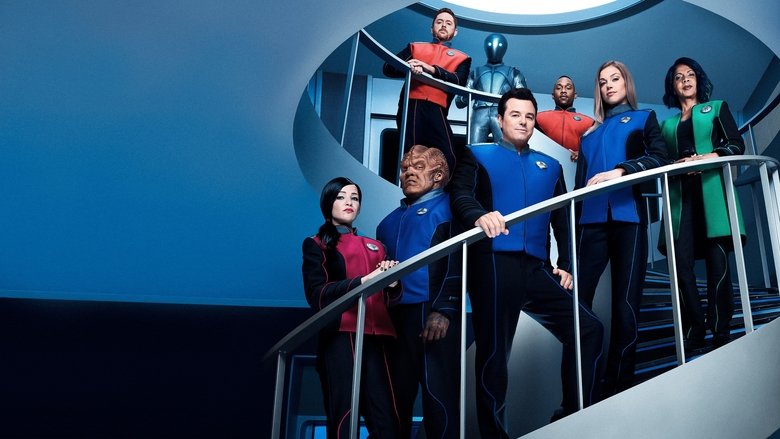Best space opera series like Star Trek
Explore the vastness of space with these incredible television series that capture the spirit and adventure of Star Trek.

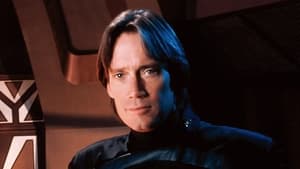

For decades, Star Trek has set the gold standard for space-faring science fiction on television. Its blend of exploration, diplomacy, action, and thoughtful social commentary has inspired countless shows. While nothing can truly replicate the original, many series have carved their own unique paths through the cosmos, offering similar thrills and intellectual depth.
Shows like Battlestar Galactica (the 2004 version is a gritty masterpiece) pushed the boundaries of serialized drama in space, while Babylon 5 pioneered complex, multi-season arcs long before it was common. Firefly, despite its tragically short run, remains a beloved cult classic for its unique blend of Western and sci-fi genres. More recent entries like The Expanse have garnered critical acclaim for their hard sci-fi realism and intricate political intrigue. Each of these series, while distinct, taps into that core human desire to explore the unknown, confront challenging ethical dilemmas, and witness the incredible possibilities (and dangers) of life among the stars. They prove that the final frontier is a rich source of stories beyond just one iconic franchise.
13. Defiance (2013)
Defiance is set in a post-apocalyptic future where Earth has been drastically terraformed and is inhabited by both humans and several alien races who arrived seeking refuge. The story centers around the frontier town of Defiance (formerly St. Louis), a melting pot of species struggling to coexist. The show blends sci-fi, western, and drama elements, exploring social issues and conflicts within the town. While it features aliens and futuristic tech, its focus on a specific location on Earth rather than space travel makes it quite different from the typical Star Trek adventure.

12. Earth: Final Conflict (1997)
Also based on notes from Gene Roddenberry, Earth: Final Conflict is set on Earth three years after a seemingly benevolent alien race, the Taelons, arrive and share advanced technology. However, a resistance movement suspects their true intentions are less than peaceful. The series focuses on the conflict between humans who trust the Taelons and those who fight against them. While it deals with alien interaction and futuristic themes, its Earth-bound setting and focus on political/philosophical resistance differentiate it significantly from Star Trek's space exploration premise.

11. Space: Above and Beyond (1995)
Space: Above and Beyond is a military science fiction series set in the near future (from the perspective of the 90s) during Earth's first interstellar war against an alien race known as the Chigs. The show focuses on a squadron of rookie fighter pilots, following their struggles, sacrifices, and growth amidst the brutal realities of war. While lacking the exploration and diplomatic focus of Star Trek, it offers a compelling look at the human cost of galactic conflict and the bonds forged under extreme pressure.

10. Killjoys (2015)
Killjoys follows a trio of interplanetary bounty hunters (or 'Killjoys') in a distant star system on the brink of class war. The show is fast-paced, action-packed, and features a strong focus on the bond between the main characters as they navigate dangerous missions and uncover a vast conspiracy. While more focused on action and serialized adventure than philosophical exploration, it features cool sci-fi tech, diverse alien species, and a found-family dynamic among the crew that might appeal to fans of ship-based ensembles.
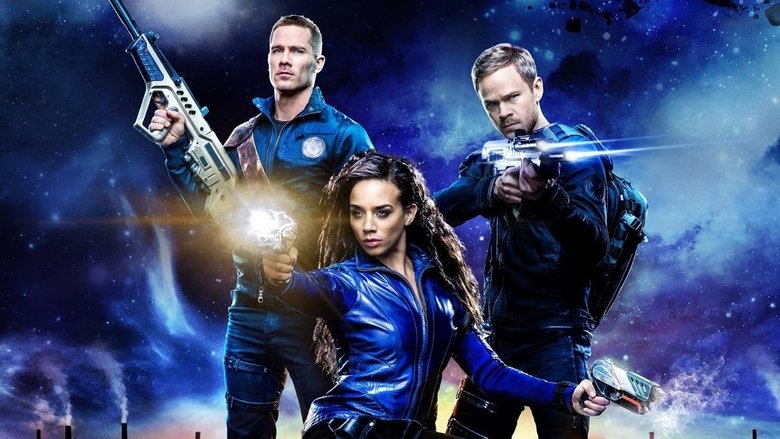
9. Dark Matter (2015)
Dark Matter begins with six individuals waking up on a derelict spaceship with no memory of who they are or how they got there. As they navigate dangerous situations and encounter various factions, they must uncover their pasts, which are often darker than they could imagine. The show is a blend of mystery, action, and character drama, exploring themes of identity, destiny, and whether you can escape who you once were. It features a cool ship and a diverse crew dynamic, which are elements often enjoyed by Star Trek fans.

8. The Expanse (2015)
The Expanse is celebrated for its hard science fiction approach and complex political narrative. Set in a future where humanity has colonized the solar system, the show follows a diverse group of characters caught in the middle of a cold war between Earth, Mars, and the people of the Asteroid Belt. While not a ship-based exploration series in the Trek sense, it excels at depicting realistic space travel, zero-gravity physics, and the socio-political tensions that could arise from interplanetary colonization. It's a thinking person's sci-fi with intricate plotting and compelling character arcs.
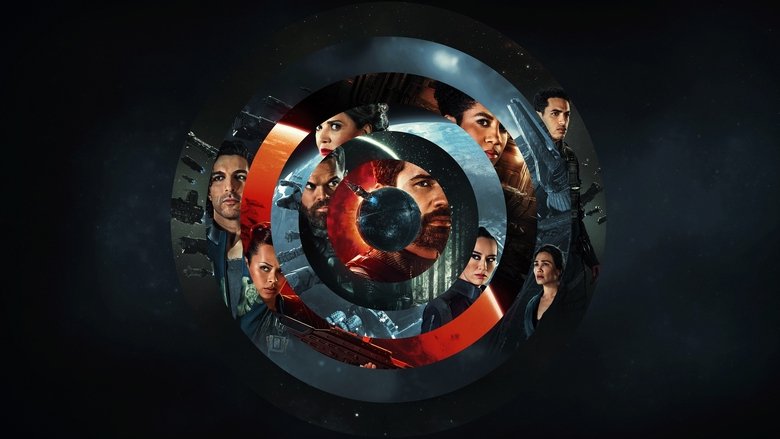
7. Farscape (1999)
Farscape is arguably one of the most imaginative and visually distinct sci-fi shows ever made. It centers on a human astronaut who is accidentally flung across the galaxy and finds himself aboard a living spaceship, Moya, crewed by a group of escaped alien prisoners. The show is renowned for its bizarre alien designs (many created by Jim Henson's Creature Shop), quirky humor, and deep, evolving character relationships. It's less about Starfleet-style exploration and more about survival, politics, and finding your place in a truly alien and often dangerous universe.

6. Firefly (2002)
Joss Whedon's Firefly is a beloved cult classic that blends science fiction with the western genre. It follows the crew of the Serenity, a small transport ship, as they take on various jobs to survive on the fringes of a star system dominated by a powerful alliance. While less focused on grand diplomacy or exploration of entirely alien cultures than Star Trek, it excels at character development and witty dialogue. The found-family dynamic of the crew and their struggle against oppression and scarcity in a lived-in, gritty future makes it a compelling watch.
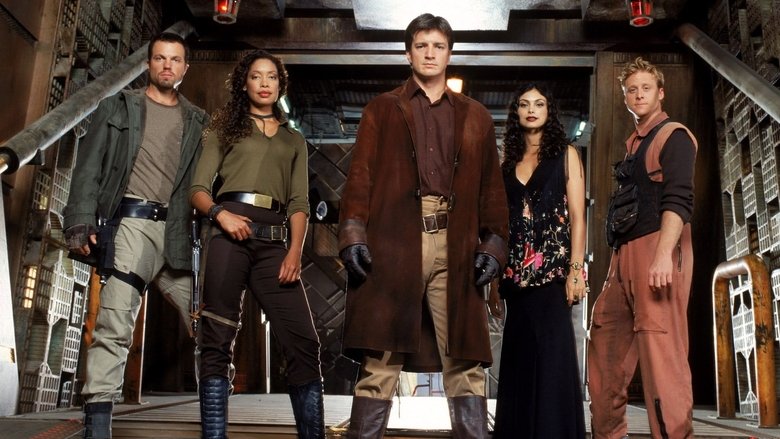
5. Stargate SG-1 (1997)
Stargate SG-1 offers a unique twist on interstellar exploration. Instead of warp drives, travel is through an ancient alien device: the Stargate. This allows a military team to visit distant planets, encountering new civilizations, gods, and threats. While it has a more military structure than Star Trek, SG-1 shares the core concept of exploring the unknown, encountering diverse cultures (often based on Earth mythology), and facing ethical dilemmas. Its strength lies in the chemistry of its core team and its ability to blend serious sci-fi concepts with humor and action over its impressive ten-season run.

4. Andromeda (2000)
Born from the notes of Gene Roddenberry himself, Andromeda features Captain Dylan Hunt, who is frozen in time for 300 years and awakens to find the galactic commonwealth he served has fallen. He gathers a ragtag crew aboard his sentient ship, the Andromeda Ascendant, to try and restore civilization. The show blends episodic adventures with an overarching quest, exploring diverse planets and cultures while dealing with the political remnants of a fractured galaxy. It captures some of the optimistic spirit of classic Trek, focusing on the potential for rebuilding and the importance of ideals in a chaotic universe.

3. Battlestar Galactica (2004)
The reimagined Battlestar Galactica is a masterclass in gritty, character-driven science fiction. Far from the optimism of Star Trek, BSG presents a universe where humanity is on the brink of extinction, fleeing relentless enemies. This show delves into the darker side of survival, exploring complex moral compromises, political struggles, and the very definition of humanity. The handheld camera work and serialized storytelling give it an urgent, realistic feel rarely seen in space opera. Its deep exploration of faith, identity, and the cycle of violence provides compelling drama that goes far beyond typical sci-fi action.

2. Babylon 5 (1994)
Babylon 5 stands as a monumental achievement in serialized science fiction. While Star Trek often leaned into episodic tales, B5 committed to a five-year arc with interconnected storylines, political intrigue, and complex characters evolving over time. Set on a massive space station serving as a diplomatic hub, it explores themes of war, peace, faith, and the struggle for understanding between vastly different species. The depth of its world-building and the payoff of its long-form narrative were groundbreaking for television at the time. It's a show that rewards patience and attention, delivering a rich tapestry of galactic politics and personal journeys that resonate deeply.

1. The Orville (2017)
If you're looking for something that feels like a direct spiritual successor to the golden age of Star Trek (specifically TNG), The Orville is your destination. Created by and starring Seth MacFarlane, this show brilliantly balances classic episodic sci-fi adventures with genuinely funny humor and surprisingly deep character development and social commentary. It started out feeling like a parody, but quickly evolved into a heartfelt homage that tackles complex ethical dilemmas and explores the wonders and dangers of space with a sincere appreciation for the genre. The production values are top-notch, and the cast truly embodies the feel of a found family exploring the final frontier. It's the closest thing you'll find to new classic Trek.
